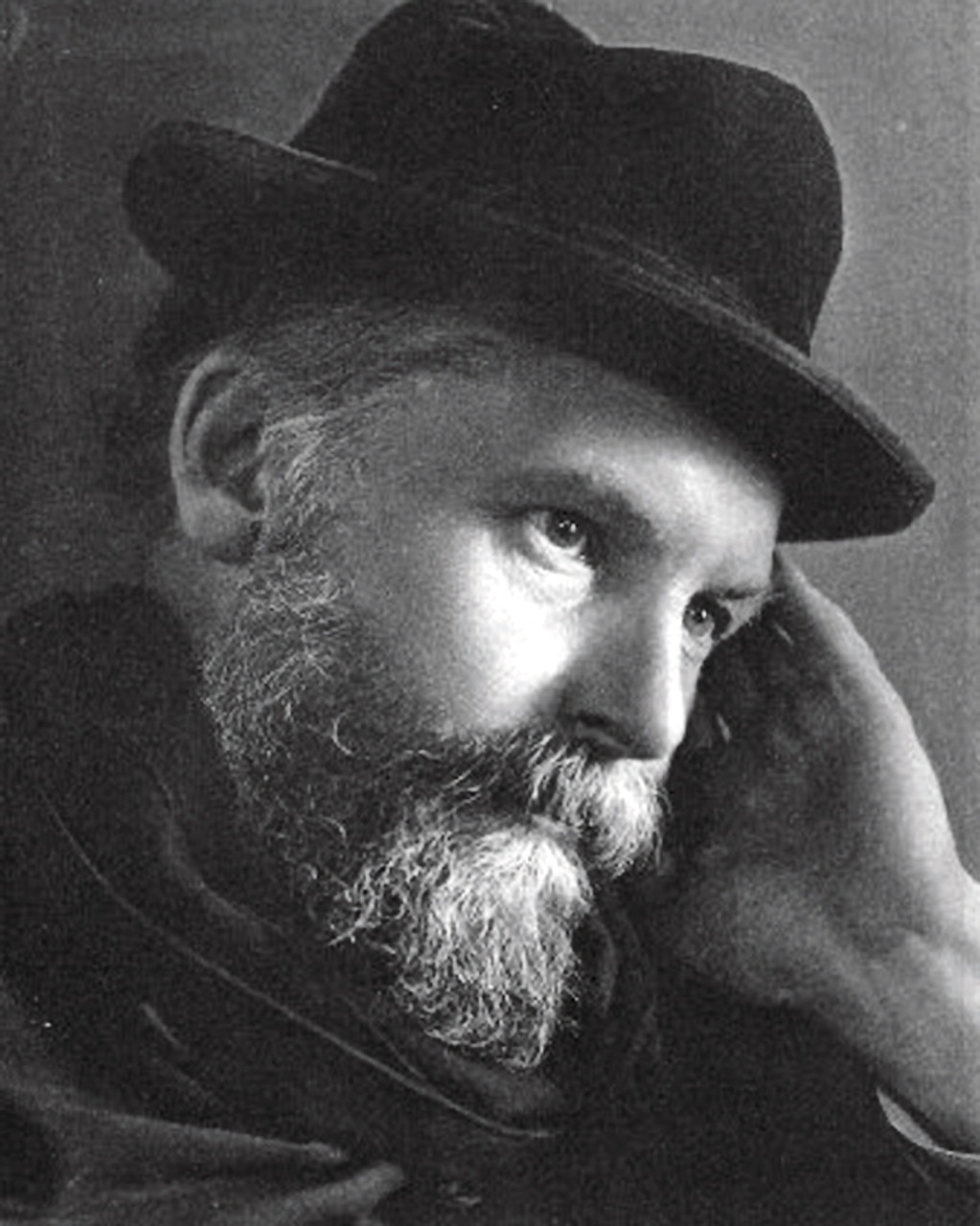Described as “one of the great systematizers of the notion of the unconscious mind”
(1, p. 314),
F.W.H. Myers was a pioneer in the study of dissociation, transmarginal or “subliminal” consciousness, and psychical research
(2,
3). Born in England and educated at Cambridge University, Myers believed that a theory of consciousness must derive from, and be able to accommodate in a unified model of mind, the full range of human experience, including not only normal psychological phenomena but also the wide variety of abnormal and what Myers called “supernormal” phenomena. In numerous papers published in the 1880s and 1890s, culminating in a posthumously published book
(4), Myers described and discussed a vast array of phenomena of subliminal origin, including dreams, automatic writing, hallucinations, apparitions, creativity and genius, hysteria, multiple personality, trance mediumship, telepathy, and hypnosis and mesmerism. All of these phenomena involved what Myers called “automatisms,” that is, the emergence of latent subliminal material in sensory or motor processes, either in particular individuals or particular circumstances in which the normal barrier between the subliminal regions of mind and waking awareness has become more unstable or “permeable.” According to William James, “through him for the first time, psychologists are in possession of their full material”
(5, p. 195).
Perhaps more importantly, however, Myers attempted to systematize all these phenomena and show their relations to each other and to normal psychological processes with his theory of the Subliminal Self. According to this theory, our ordinary waking (or supraliminal) consciousness is but a small segment of a larger Individuality or Self, selected out of the latter in response to the demands of the environment.
Myers’ conception of the subliminal regions of consciousness was thus very different from more limited conceptions such as Janet’s model of dissociation or Freud’s model of repression, most of which viewed subliminal phenomena as pathological. Myers instead took the broader view that all subliminal phenomena are manifestations of a basic psychological process—namely, the loosening of the ordinary barrier between the subliminal and supraliminal regions of mind—and that they can take both pathological (or “dissolutive”) forms and beneficial (or “evolutive”) forms. James labeled the problem of understanding subliminal consciousness “the problem of Myers,” a problem that “still awaits us as the problem of far the deepest moment for our actual psychology”
(5, pp. 196–197).


